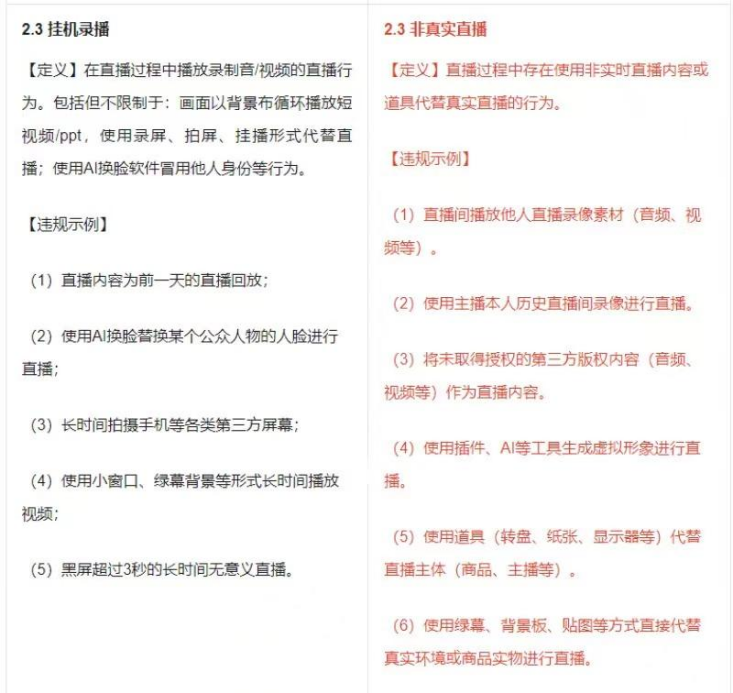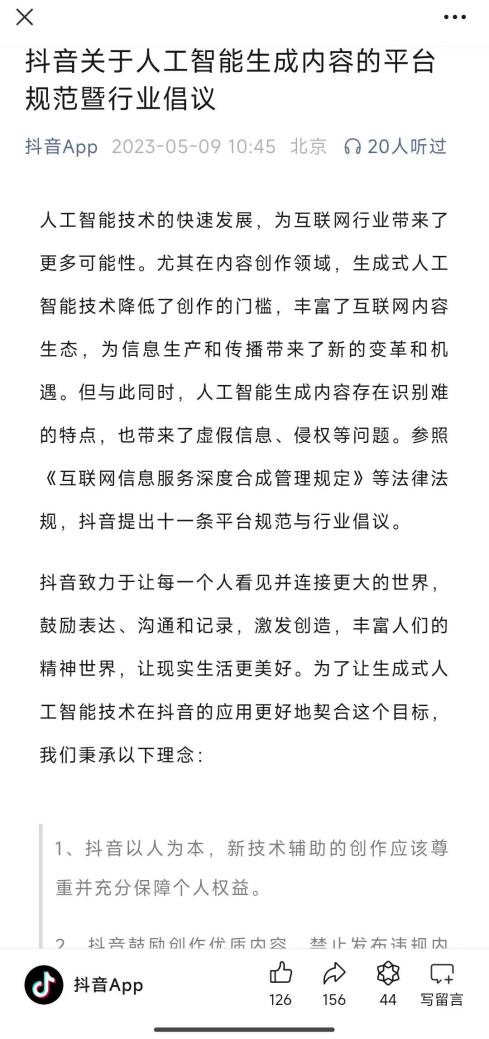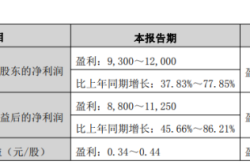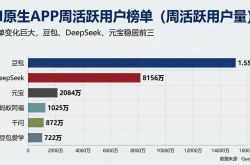Video Numbers Go Left, JD.com Goes Right, Digital Human Live Streaming + AI Customer Service Is Infuriating
![]() 06/17 2024
06/17 2024
![]() 568
568
AI-modified live streaming with video numbers, Douyin and Kuaishou are cautious, while Taobao and JD.com are aggressive.
With 618 not yet over, in this context, the move by video numbers is indeed somewhat surprising.
On June 13th, it was reported by the media that Tencent Video Numbers recently revised its content regarding influencers' live streaming sales, changing the "idle recording" section to "non-real live streaming" content. Simply put, video numbers are banning digital humans from live streaming sales.

Source: Video Numbers "Live Streaming Sales" Rules
Not long ago, JD.com just gained popularity with its "CaiXiao Dongge" digital human. From the start of the broadcast to the end, it lasted less than an hour, with over 20 million viewers and a cumulative transaction volume of over 50 million.
As everyone knows, under the boom of AI technology development, whoever can seize the opportunity and better integrate it into applications will grasp the initiative in the next stage of competition. At this juncture, the choice of video numbers is becoming increasingly intriguing.
However, this is not the first time that short video e-commerce platforms have imposed restrictions on digital humans for live streaming sales. In May last year, Douyin E-commerce released a "Digital Human Industry Initiative." In March this year, Kuaishou E-commerce also issued digital human live streaming sales regulations. With the two major short video pioneers leading the way, video numbers are at best just following suit.
What is truly curious is why, as important players in e-commerce, short video-based e-commerce platforms and traditional shelf-based e-commerce platforms have such significant differences in the path of AI integration into e-commerce? What are the reasons behind their completely different attitudes towards AI applications in e-commerce?
01
Buyers Don't Like It, Sellers Find It Useless, Digital Human Live Streaming Agents Make Money
"A very, very unhappy shopping experience," Jin Rui seemed to be holding back a lot of grievances when talking about her 618 experience.
"It was clearly a work mistake by that store, wasting my money and precious time, but that customer service would only keep saying sorry, unable to provide a satisfactory solution, and the apology even used AI templates, making me increasingly angry." After purchasing five clothes in three separate online shopping sessions, she developed a considerable aversion to current e-commerce shopping, especially the presence of robotic customer service, which caused her to complain a lot.
"They often say A back to B, and the replies are irrelevant. Sometimes they preach to you for no reason. Sometimes you think it's a real person, but it turns out to be an AI reply. You say it's completely AI, but they'll preach to you for no reason."
If the drawbacks of AI customer service are similar to those of past robotic customer service, the negative experience brought by digital human live streaming is not limited to users alone.
Huang Liyao owns a cosmetics store that is well-known in the industry. However, recently, there has been an increase in complaints from the backend, and a significant reason for this is related to her newly adopted "digital human live streaming" method.
"I've been busy these days, so I bought technology online that allows digital humans to broadcast live. At the time, I thought it could reduce labor costs and I wouldn't have to keep an eye on it all the time." She said that initially, this "lifelike" digital human anchor attracted a large number of viewers into the live broadcast room with its perfect makeup and exquisite appearance, and the business in the store also improved.

Source: A cosmetics live broadcast room
But recently, she has found that this digital human lacks realism when introducing products, making it impossible to feel the real effects of the products, and some actions even appear stiff and unnatural, making people feel alienated. "Some users told me that the digital human anchor is slow to respond in interactive segments and cannot answer questions in a timely and accurate manner," and even some regular customers admitted that the recommendations from the digital human anchor were too mechanical and repetitive, causing them to feel annoyed and ultimately choose to exit the live broadcast room.
In fact, while digital human live streaming is gaining popularity, some people even see it as a new wealth code.
On many social media platforms, one can search for "digital human source manufacturers" and "digital human agents," with many of them claiming: "The era of digital humans has arrived, real human anchors are about to lose their jobs, anyone standing on this trend can take off," "Using digital human service providers to replace real human anchors, earning 200,000 yuan in one month," "The year of the digital human explosion, don't miss this new trend after missing e-commerce ten years ago."
Behind these promotions are companies selling "digital human agent" services at prices of tens of thousands of yuan. However, some merchants who bought digital humans not only failed to make money but also suffered repeated bans in live broadcast rooms, and their agency fees could not be recovered.
Under the promise of so-called "instant profits," many merchants have become victims of this "agency fee scam." After realizing they were scammed, many merchants naturally blamed the media they initially came into contact with, so platforms like Douyin and Kuaishou, as information dissemination platforms, have suffered greatly.
This is also an important factor why many short video platforms have chosen to tighten restrictions on digital human live streaming.
02
Douyin and Kuaishou Strictly Regulate Digital Human Live Streaming, Taobao and JD.com Promote It
Before video numbers took strict measures, its two predecessors, Douyin and Kuaishou, also imposed bans to varying degrees.
Last May, Douyin released the "Douyin Platform Norms and Industry Initiative on AI-Generated Content," firing the first shot for top platforms to regulate digital humans. At that time, Douyin made it clear that virtual live broadcasts must be driven by real humans, registered with real names, and the use of AI technology alone was prohibited.

Source: Douyin App Public Account
Although this move did not completely eliminate all digital humans, it still served as a good screening mechanism. Live broadcast rooms without real-time interaction and equipment connected to real cameras were deemed recorded broadcasts, and some live broadcast rooms that used AI technology to "change faces" into celebrities, thereby involving issues of infringement of portrait rights, were批量清理ed.
After Douyin, Kuaishou also released a "Digital Human Live Streaming Sales Specification" in March this year.
However, in stark contrast to Douyin and Kuaishou, platforms like Taobao and JD.com still hold a favorable attitude towards digital human live streaming.
Taobao launched hundreds of AI virtual anchors last year through Alimama's AI full-time live broadcast library. These virtual anchors can customize their appearance based on merchant needs, support multi-language adaptation, and interact with fans in the live broadcast room. JD.com even brought "Liu Qiangdong" into the live broadcast room in April this year, and then introduced Xu Ran's AI digital human at the 618 press conference this year, announcing that many brand presidents and "president AI digital humans" will appear in the form of live broadcasts.

Source: JD.com "CaiXiao Dongge" live broadcast room
Obviously, for short video platforms like video numbers, Douyin, and Kuaishou, their attitude towards digital human live streaming is much more cautious. There are several major reasons behind this, taking JD.com and video numbers as examples:
First, short video platforms and traditional e-commerce platforms have different positioning and user groups.
Taobao and JD.com, as platforms that originated from e-commerce, have the core goal of selling goods. Digital human live streaming sales are directly related to product sales, so they have the incentive to promote this model. As a social platform within WeChat, the core function of video numbers is information sharing and social interaction. As a private domain-based social platform that is now transforming into a public domain, it does not allow digital human sales, as a derivative business, to affect user experience, which is detrimental to the construction of the social environment and affects user engagement time.
Second, their profit drivers are also different.
For Taobao and JD.com, digital human live streaming sales can increase sales, improve platform efficiency, and reduce costs, which aligns with their business models. However, video numbers' profits mainly come from advertising and paid content. Digital human live streaming sales may instead distract users' attention and affect its core profit model.
In addition, there is the content ecosystem and creator relationship.
For Taobao and JD.com, they can enrich their content ecosystem through digital human live streaming, attracting more creators and merchants to join. However, the content strategies of platforms like Douyin, Kuaishou, and video numbers place more emphasis on user-generated content (UGC) and original content. Digital human live streaming may affect the healthy development of their content ecosystems.
03
Final Thoughts
According to estimates from Guohai Securities, video numbers had 450 million daily active users in 2023, Douyin had 760 million daily active users in 2023, and according to Kuaishou's financial report, the platform had 380 million daily active users in 2023.
With such a large user base, no one knows how much energy AI digital humans contain. Choosing to be cautious is clearly a more responsible choice for the platform itself.
From another perspective, after years of fierce competition in interest-based e-commerce and content-based e-commerce, traditional e-commerce platforms may have also found the first differentiated competitive advantage that they can "capitalize on," giving them an opportunity to pull ahead and derive more options in the future.
The choices made after 618 may shape the e-commerce competition landscape for some time to come.






